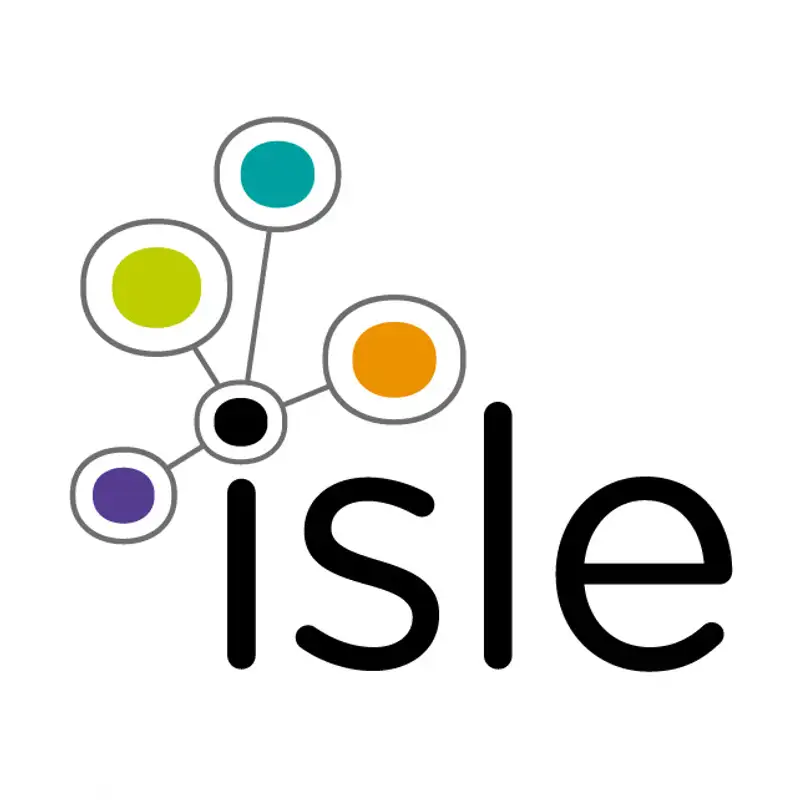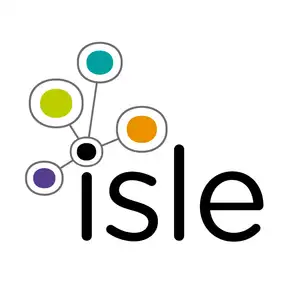
Coping with the April 28th 2025 National Power Outage, with Nuno Brôco, CEO Águas do Tejo Atlântico
Piers Clark: [00:00:00] Welcome to the Exec Exchange, 15-minute podcast, in which a leader from the water sector shares a story to inspire, educate, and inform other water sector leaders from around the globe. My name is Piers Clark, and today my guest is Nuno Broco, managing director for Águas de Portugal Atlantico.
Piers Clark: [00:00:17] Nuno, you were here a few weeks ago. Yeah. Sharing some stories, but I've brought you back. You're the first person to come back for a second time on the podcast, and that's because today we're gonna be talking about the power outage that happened on Monday, the 28th of April, about a month ago at 12:33 PM and it affected all of Portugal and significant parts of Spain. It lasted 10 hours and in some places much longer.
Piers Clark: [00:00:42] Eight people died, 25 people were injured. It was all over the news, all around the world, and it begged the question of what did you do if you were a water utility? And I think there's many people in the industry thinking, oh my God, what would I have done if that had happened to me? And of course it did happen to you. So, the story I'd like us to get into today is, what was it like? What did you do and what did you learn from it? So, before we get to that, let's just start with a little bit of a reminder. I know many people will have heard it already because of the previous podcast, but a little reminder of ADP, the size of it, the scale of it, who you serve.
Nuno Brôco: [00:01:13] Good morning, Piers. Thank you for getting me back to your podcast and to have the opportunity to share this. ADP is a public company. We provide service to around 80% of the national population, both on water and wastewater. And my company, Águas de Portugal Atlantico, we provide service to 2.3 million inhabitants around Lisbon area. We only work on the bulk wastewater.
Nuno Brôco: [00:01:40] And in 28th of April, I was in the meeting to 12:30, more or less, Central European time, and someone from the meeting told me, “Well, we are out of energy”. Nothing strange until there.
Piers Clark: [01:53:00] Yeah. You didn't know it was a national crisis at that stage?
Nuno Brôco: [00:01:55] No. No. At the first minute no, then some news telling that, well, the problem is national. 10 minutes after we start to receive some not so true information telling that yes, France, but also the east part of Europe. And then I start to become more scared with the situation
Piers Clark: [00:02:14] because you thought this was a terrorist attack?
Nuno Brôco: Yes. Those start to circulate the fake news about the cyber attack. And indeed, there was a WhatsApp message from CNN telling that we are being cyber attack. So the situation starts to get concerning and I called to my head of operations, “How are things running, or not?”
Nuno Brôco: [00:02:35] I have funny story about that. I heard of the operations in one of our biggest plans in Cascais area. It's designed to serve around 1 million inhabitants. We are in low season, so we are not treating at the overall capacity, but yes, we treat every day around 700,000 inhabitants. And he told me, “No, what, what are you doing?”
Piers Clark: [00:03:00] He was not aware at all.
Nuno Brôco: No, he was not aware at all. And why? Because it was in plant where we have in some days of the year, we have as average an energy autonomy more than 85%. It was in that plant. There was no shutdown.
Piers Clark: [00:03:15] So the strategy of building sewage treatment works, which are energy independent and that there's biogas generation and that which has all been part of your being a green responsible, sustainable utility, actually gave you energy security at this moment of crisis such that the people on site were not aware that there was a national crisis.
Nuno Brôco: [00:03:35] They were not aware, they were more or less working as an island. I was quite surprised. And the main thing is that we have worked all day because the shutdown takes around 10 to 12 hours. We had the plant using biogas for the whole period, and we had the pumping stations with the emergency electrical generation with fuel.
Nuno Brôco: [00:03:55] The only problem that we had was regarding communications in that plant. Okay? So that is the second part of the story, because when you get energy shut down, you have a problem because your machines are not working unless you have emergency electrical generators. But four to five hours after we had no energy, the communication start to fail.
Piers Clark: [00:04:15] And this is because the servers that were backing up emails and things like that, those were now running out of power. Is that why?
Nuno Brôco: Yes, because the national communication, the operators get out of energy, so they have no signals, and we have no communication.
Piers Clark: Okay, so then you go completely dark.
Nuno Brôco: Yes. That was for me the most concerning moment because I lose the contact with my teams. I lose the contact with the people from the ground. That moment it's not very safe to go driving to another plant. We have some accidents in Portugal that was stressing moment.
Piers Clark: [00:04:50] And what time of the day was that? So, the power cut had happened at 12:30 PM.
Nuno Brôco: Yes, so at the middle of the afternoon.
Piers Clark: Okay, so it was only four, five hours later.
Nuno Brôco: [00:05:00] Yes. But we get without communications. We start with some stress regarding the fuel from our emergency electrical generations because we have no way to communicate with our fuel providers.
Piers Clark: And at what stage did you sense that the disaster was now turning around and that things were getting better?
Nuno Brôco:[00:05:19] It was more or less at the middle of the afternoon, so we started to get information. And we also had our emergency communication service national that haven't work as we were expecting. Something interesting to say is that two months before, we have made a cyber-attack simulation.
Piers Clark: [00:05:39] Okay. So, you'd already were prepped for cyber-attacks.
Nuno Brôco: We are never prepared, and we learned that every time that we do it. So, we contract the hacker to try to -
Piers Clark: break into your systems.
Nuno Brôco: Yes. And we have learned with that measures to be more safe but you are never prepared
Piers Clark: [00:06:00] So there'll be people listening to this thinking there, but for the grace of God go I, and wondering how they would respond and what learning they could take from your experience, I know it's quite early, this is only a few weeks ago, and that there's probably still quite a lot of learning that you are still absorbing from the event. But any headlines of things you would advise others to be considering doing to make sure that they are more resilient and more prepared for an event should something like this hit them?
Nuno Brôco: [0:06:25] Yeah, the first thing that I really advise is to test this kind of situation. You will learn a lot. We had a real test and we have found small things that we should think before, such as some systems connected with the emergency system, the world at the moment. Some of those devices with the experience everyone has with the mobile phone on everywhere, every time. So you lose your perception about the need of alternative communication systems. Well, there is a bunch of things that you can do and you'll never find out if you don't test it. So, in this moment, we are recovering from the event we are making our diagnosis, and we are setting three kind of measures.
Nuno Brôco: [0:07:10] Those that are very immediate, we can do it right now. Those that need some investment, we are reanalyzing again, the emergency plan, what we should put as supply the energy by emergency system so you need to have some investments on that will be made in the next coming years. And then we are also working in our business continuity plan. We are revising it and it's very important to have it and to plan these kind of situations.
Piers Clark: [0:07:40] Nuno, it is wonderful to have heard firsthand the insights of how you've experienced it. As I say, I suspect there's lots of people listening to this thinking there but for the grace of God go I, and those words of wisdom you've just shared I'm sure will help many others. Thank you for taking the time.
Piers Clark: [0:08:00] You have been listening to the Exec Exchange with me Piers Clark, and my guest today has been Nuno Broco from ADP sharing the enlightening and somewhat horrific story of how to deal with the power outages that happened that affected all the Iberian Peninsula on the 28th of April, 2025. Thank you for listening. See you soon.
